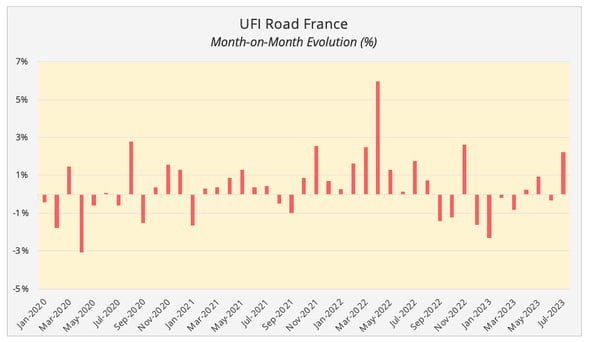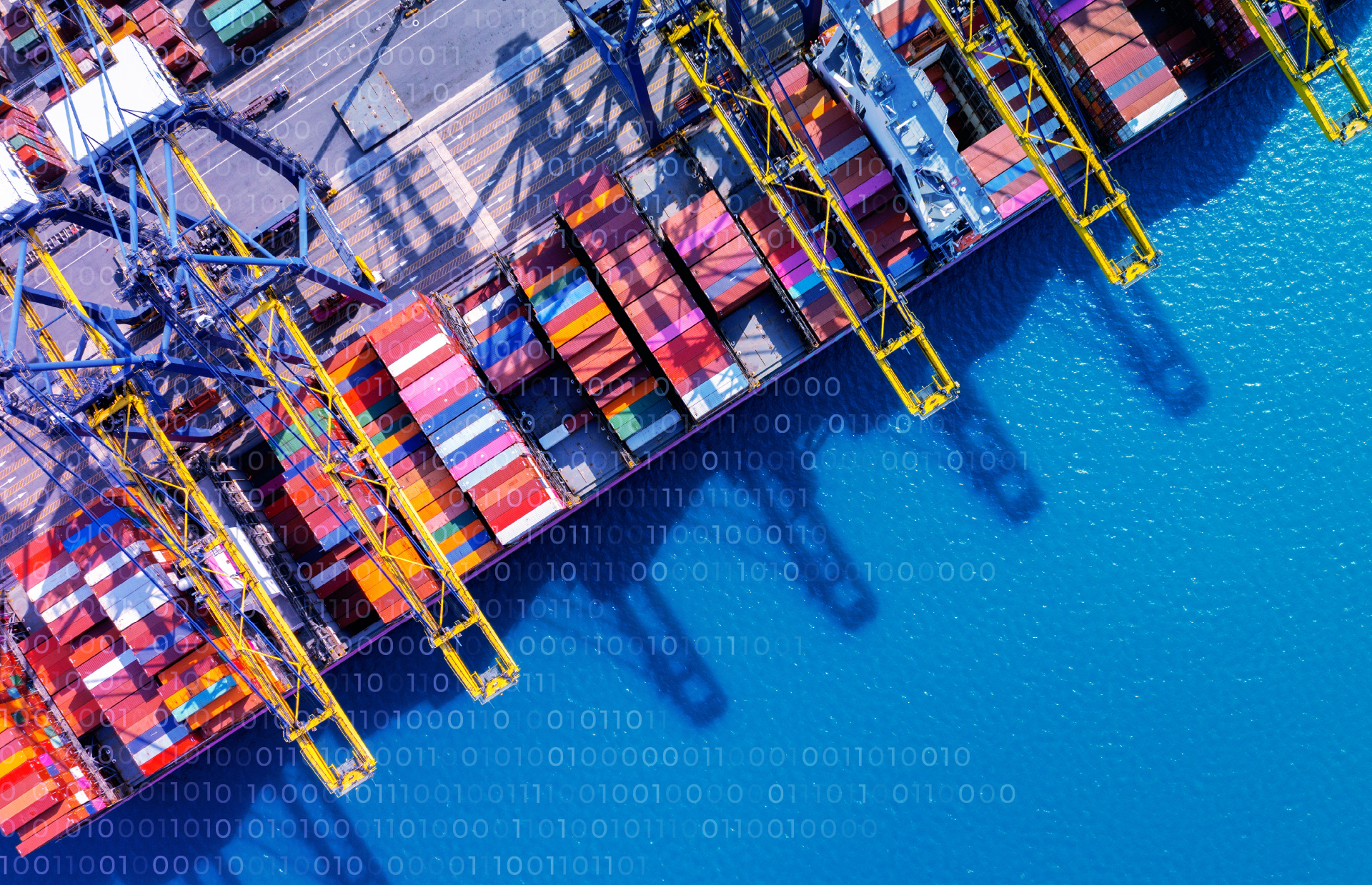
BAROMETER. Transport prices in France grew by more than 2% month-on-month in July. French carriers seem to be taking advantage of the stagflation that has taken hold without anyone noticing it.
The growth of the French economy reached 0.5% in the second quarter compared to the previous quarter. A result higher than expected, driven by foreign trade which offset the weak domestic demand. Bruno Le Maire, the Minister of the Economy and Finance, hailed a "remarkable performance" and confirmed the government's forecast of 1% growth for the French economy in 2023.
In July, according to the Banque de France's monthly business survey, activity increased in industry, services and construction, and the slowdown was less accentuated than anticipated in June. In industry, “Balances of opinion indicate that production increased significantly in the wearing apparel, textiles and footwear, wood, paper and printing, IT, electronic and optical products, and automotive sectors, on the other hand, activity is down in pharmaceuticals, plastic-rubber, and chemicals," details the Banque de France survey.
The business climate in France remained fairly stable in July, registering for the third consecutive month at the level of its long-term average. "Indeed, the business situation is unchanged in most sectors, except for a degradation in wholesale trade compared to May and an improvement in retail trade (including trade and repair of vehicles) compared to June", specifies INSEE.
In the coming months we can therefore expect "sluggish", but not catastrophic economic activity.
An increase of 2.2% month-on-month
In this economic environment, road transport prices in France increased significantly by 2.2% in July 2023 compared to the previous month. The relative stability of transport prices, which had been confirmed since the beginning of the year with a price evolution of between -1% and +1%, literally exploded out of this range.

Source: Upply Freight Index – Road France
The impact of diesel prices
This rebound in July is not entirely attributable to the impact of the increase in diesel prices. This pass-through occurs with a delay of about a month. However, in June, commercial diesel only increased by 0.9%, suggesting an increase in transport costs of about 0.3% based on the CNR Long Distance Articulated Set Index in June. So, it is therefore another mechanism that is occuring.
However, the Fuel cost item remains an element to be monitored. In July, commercial diesel increased by 2.3% and the Long Distance Articulated Set index by 0.8% This index, boosted by the rise in diesel, certainly announces a strengthening in inflation for the coming months (...)

Our latest articles
-
Subscriber 3 min 13/02/2026Lire l'article -
2025 review of air cargo and outlook for 2026
Lire l'article -
Outlook 2026: Stable growth and rising risks
Lire l'article


